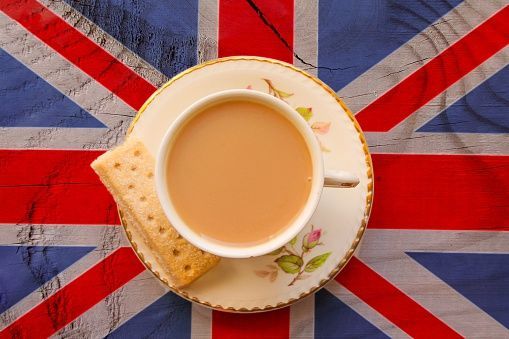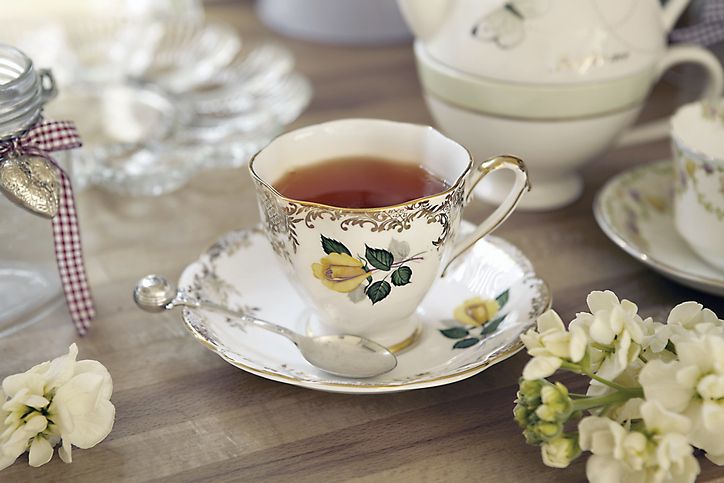
Fancy a brew? How to make the perfect cup of tea.Getty
Simply put, tea is the quintessentially British pastime. Here's everything you need to know.
Tea experts say you can store loose leaves for at least a year, but only if it is contained properly—shielded from natural and artificial light and without exposure to odors or humidity.
A dark, dry cupboard is ideal. If you like delicately scented as well as strongly flavored teas, do store them separately. That will prevent the lighter teas from absorbing any aromas or flavors from the stronger ones.
Tea-Keeping cues to note
• Storing large amounts of loose leaves can be wasteful rather than economical unless your household consumes tea in vast quantities. Best advice: Buy only as much loose tea as you're likely to consume in a year—two years at most.
Read more
• After bringing home your purchase, transfer it to an airtight container, one that is made of metal, glazed ceramic, or plastic so dense that it won't absorb alien flavors or fragrances.
• You can also store loose tea in opaque multiply plastic bags if they can be zippered tightly shut. Vacuum sealing is another practical option.
• Not recommended are wooden containers or thin plastic sandwich bags, each of which can be minutely porous. Avoid using clear-glass jars, even those with a rubber seal. Because they are vulnerable to both natural and artificial light, each will over time degrade tea quality.

Vintage tea cup and saucer.
• Keep in mind that moisture is enemy number one. Take care to store dried tea away from a dishwasher vent and far from any steam spewed by boiling water. The better your storage choice, the longer your tea will stay fresh and fragrant.

Quaint teacup and saucer on table - stock photo
Time to drink it!
What happens after you've filled the cups and those damp tea leaves have settled to the bottom of your pot? Savvy tea fanciers may allow a little of their brew to remain unconsumed.
Later, they might add a dollop or two to perk up their salad dressings or reserve the consumed leaves to mulch plants. Some tea fanciers insist that a tablespoon or two of brewed green tea can add zest to a salad dressing.
When dried, these same spent leaves can be crumbled and added to stir-fried chicken or, mixed with lour, can add a flavor bonus when you're dredging fish or chicken.
Another popular option: Use brewed tea instead of water when cooking rice.
Whether you're preparing sweets or soups, consider tea a special ingredient, one so subtle that nobody else needs to know!
Enjoy!
* Originally published in Jan 2018.





Comments